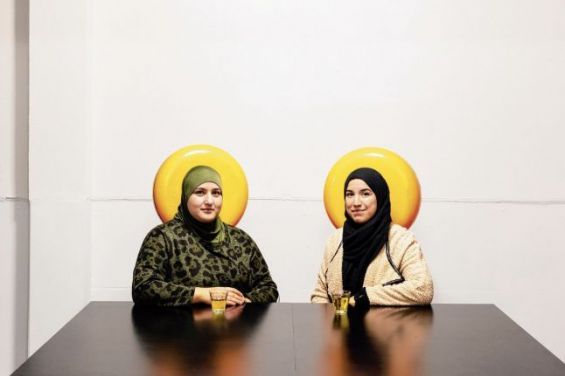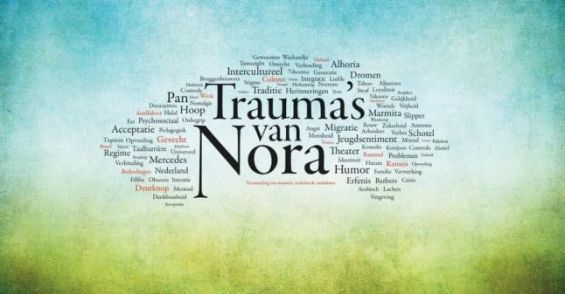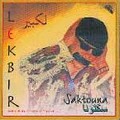Three months ago, Dutch-Moroccan Nora Akachar created a Facebook group to joke about that one summer trip, when her parents forgot her little sister in Spain while heading to Morocco. It was a traumatizing moment back then for the Moroccan family but now it is one of the stories that many other Dutch-Moroccans can relate to, especially with chaos that comes with car trips to Morocco.
In one week only, Nora’s Facebook page gained ten thousands followers, becoming the go-to platform for Dutch-Moroccans to tell their childhood stories, channel their traumas and share the struggles of the community in the Netherlands.
To Nora, the group named «Trauma’s van Nora» (Nora’s traumas) was created mainly to share «funny stories» and «traumas» that Dutch-Moroccans «have managed to overcome». «We always talk to family and friends about the things our parents did when we were little (…) them not attending parent-teacher meetings, the bullying at school, or the lunchbox with Moroccan bread», Nora jokingly told Yabiladi.
«These ‘traumas’ were painful back then but now we laugh about them», she explained, adding «that this is how it started».
A platform to share, relate and heal
With more than 35,000 followers, Nora’s group has evolved into becoming a platform to open-up, heal and overcome traumas that have not been dealt with yet. «In the beginning, I told people to share only the traumas that they have dealt with, but then I started receiving very disturbing stories that included sometimes sexual abuse or abuse in general», Nora said.

The 34-year-old Moroccan, who trains organisations and companies about diversion and inclusion, first felt hesitant about sharing these stories. But along with the other group’s manager Amal Caem-Kharkhach, Nora decided that «a trauma is a trauma» and that «it was good for the community to know that these things happen too».
While all of the group’s members anonymously share their «traumas», they are not to Nora, who feels «complimented that these people feel comfortable sharing their stories with [her]».
Channel traumas
But Nora’s page is not only about sharing. According to her, it is also about healing, forgiving and trying to overcome painful experiences, especially when it comes to family. As Dutch-Moroccans, «we grow up with the idea that parents are ‘saints’ (…) don’t talk to them in a bad way and don’t look at them in an angry way», recalls Nora.
She believes that her platform «allows its members to love and respect their parents but still criticize them» when it is necessary. «It is true that they did not know better but it is OK to let them know that they did not do some things the right way», she argued.
«Trauma’s van Nora» is also an opportunity for Dutch-Moroccans to relate to each other's stories and know that they are not alone. «Sometimes when you share a story you get comments saying : this must be my cousin or it is exactly what happened to my mother or my sister», Nora said.
To Nora, managing this Facebook page opened her eyes to the struggles of the Dutch-Moroccan community and how important it is to heal from some traumas. «It is sad to see that some people live with these traumas and raise their children with the same fears and insecurities», she argued.
To her it is important to get rid of these feelings, concluding that the «next generations don’t have to deal with the same traumas [she] has dealt with in the past».
Inspired by the initiative, Nora is planning to produce a theater play, titled «Trauma's van Nora on stage», in January 2020, through a company that she owns with her associate Jamila Cortet.





 chargement...
chargement...













